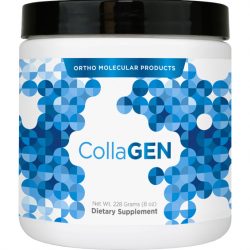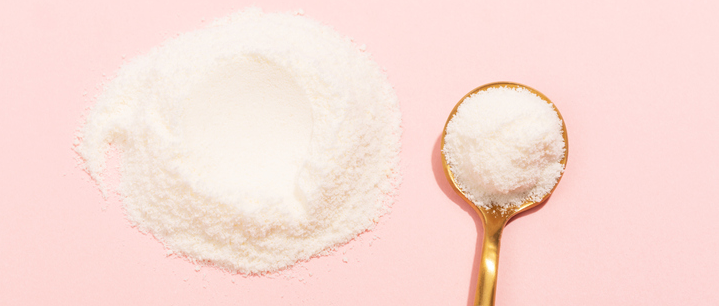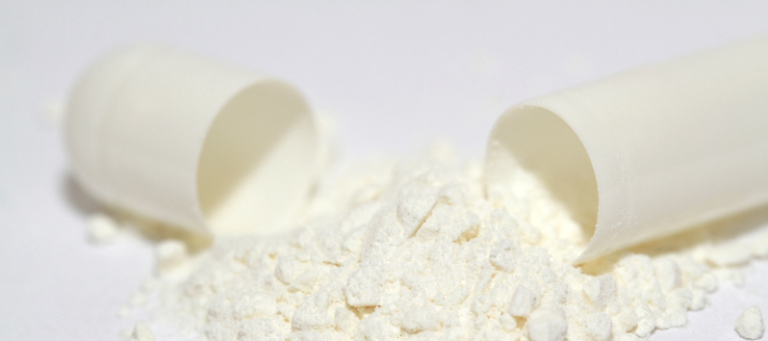Collagen: Fad or Fabulous?
Thanks in part to a small but growing body of evidence suggesting it can improve skin, ease arthritis symptoms, promote wound healing, and fend off muscle wasting, U.S. consumers are expected to spend upwards of $130 million on collagen products in 2010. That’s up 30% from last year, according to market research firm Nutrition Business Journal.”1
What is Collagen and What Does it Do?
Collagen is the primary protein fiber found in connective tissue- it gives tendons, ligaments, fascia, cartilage, bone, and skin structural stability. During collagen synthesis, amino acids combine to form polypeptide chains. These chains form the fundamental structure of collagen called the collagen fibril. This is all well and good assuming two key things happen.

Benefits of Supplementing with Collagen
- Supports tendon health
- Maintains joint surfaces
- Increases synovial fluid for joint mobility
- Supports structural ability of skin and bone
Aging: Why You Feel Old
Your body is constantly repairing and restoring, and remodeling old tissues. This process happens in response to daily use, normal metabolism, or prematurely as a result of damage from inflammation or trauma.
To perform this function, your body needs the building block (amino acids) and co-factors—things like vitamin C and magnesium. More importantly, your body must repair these tissues faster than they are being broken down. If you are missing the building blocks or co-factors, or your body has inflammatory chemicals floating around (cytokines, free radicals), then your body is aging faster than you can repair it. This results in decrease in production of type I and type II collagen, loss of tissue elasticity, and weaker fibers.
Collagen: Early Research
Though collagen may be one of the hottest supplements in the U.S. right now, high-quality research is still in its infancy. That said, some promising research exists.
In 2015, Asserin et al. used two placebo-controlled clinical trials to assess the effect of daily oral supplementation with collagen peptides on skin hydration and collagen density in volunteers 2. After four weeks of supplementation, dermal collagen deposition significantly increased and, by eight weeks, skin hydration significantly increased. Both enhanced skin parameters persisted after 12 weeks.
In 2017, Hakuta et al. conducted a clinical study of seventeen patients with atopic dermatitis who were randomly assigned to receive a daily (for 12 weeks) 3.9 g of either collagen tripeptide or normal collagen peptides and each subject served as their own control [28]. When their keratinocytes were analyzed, several inflammatory biomarkers were reduced and, in the 13 subjects that completed the study, trans-epidermal water loss was significantly reduced.
For access to even more research on collagen and other significant influencers on skin health including zinc, ß- Carotene, selenium, and Co-Q10 click here.
Summary
Healthy fibroblasts (tenocytes), chondrocytes, and synovial cells are critical to the preservation of connective tissue function, regeneration, and stability. When looking for a high-quality collagen supplement, consider the quality controls of the manufacturer, beneficial proprietary (and non-proprietary) ingredients. Also consider efficiency of dosing. Lower dosing for the same claimed benefits is typically desirable as it indicates the bio-availability of ingredients and efficiency of delivery.







